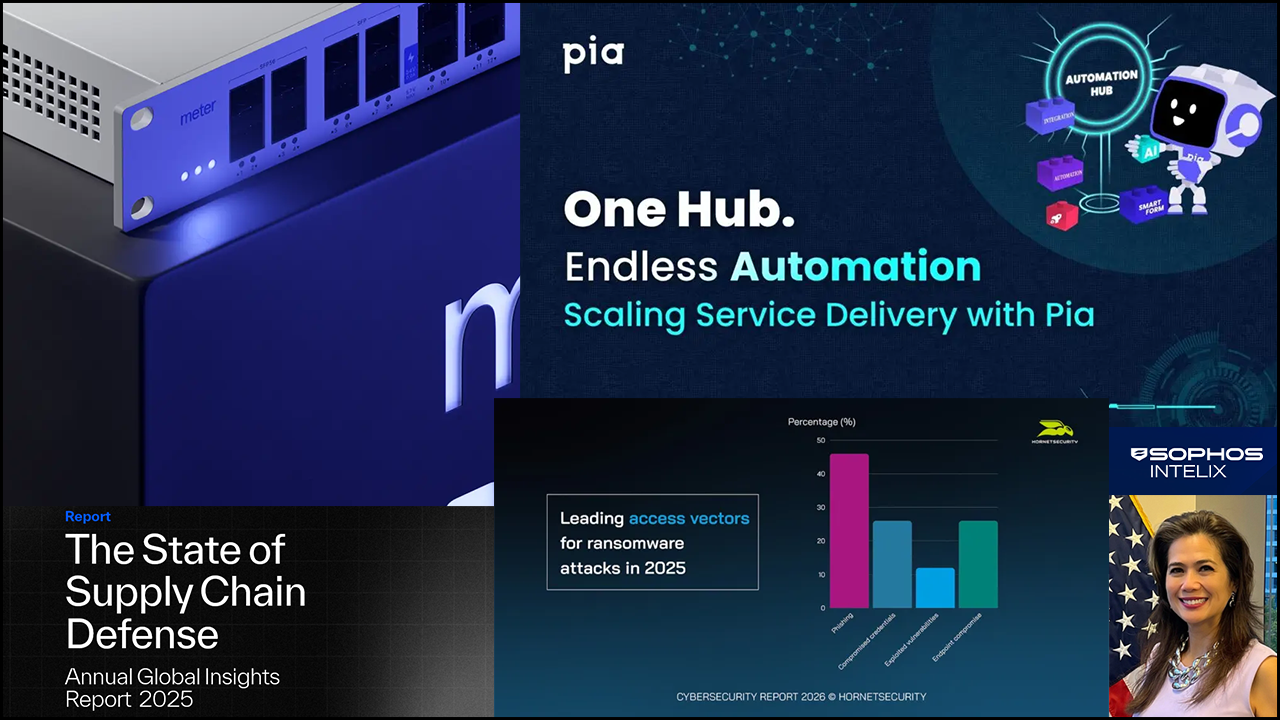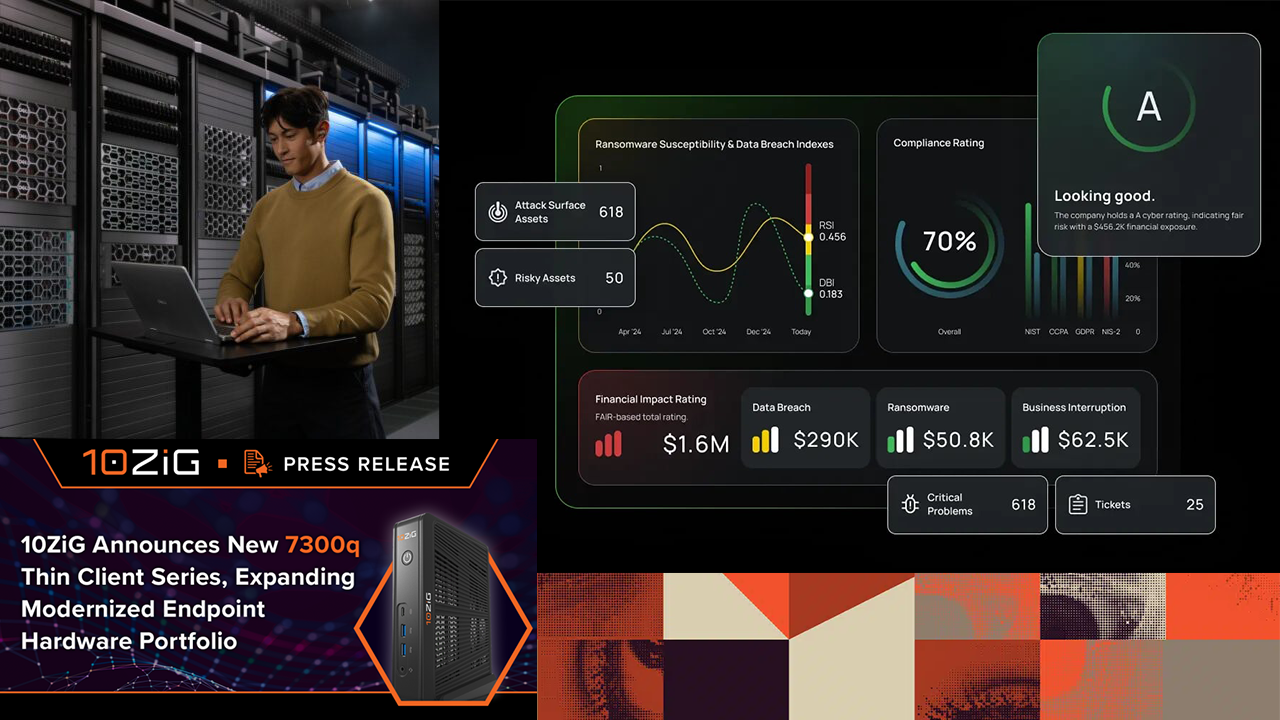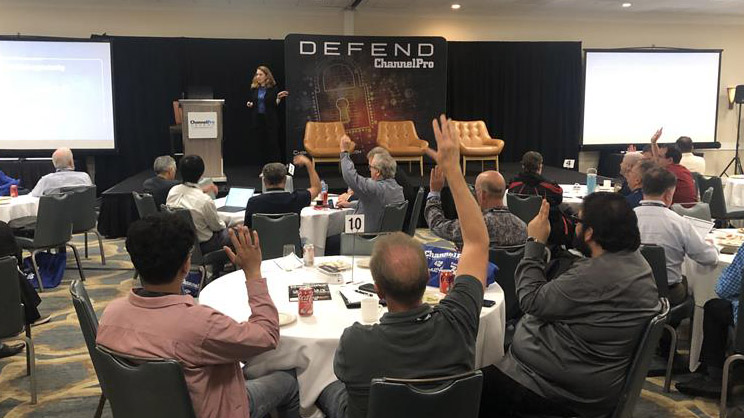ARM servers are a niche technology outside the expertise of most builders and VARs. But stay tuned now that Microsoft has skin in the game.
The advent of ARM processors for servers could give a boost to system builders and VARs alike. However, not every company will be able to take advantage of this emerging technology, at least not in the short term.
“This is going to be a very difficult and opportunistic market for VARs,” says Richard Fichera, vice president and principal analyst at Forrester Research Inc. Fichera lists the most likely initial ARM server applications as being in large data set analytics or in big server farms. The latter are run for the likes of Facebook, Microsoft, and Google. The former can be found in hedge funds, the oil and gas industry, and human genomics.
Fichera says the use of ARM servers in these areas could lead to the technology becoming 10 percent of the x86 server market. The applications on Fichera’s list, though, are either not typical SMB VAR territory or require special expertise that can be expensive to acquire. Nonetheless, system builders and VARs should keep an eye on ARM servers. The technology could become increasingly important if proponents are correct in their assessment of its trajectory, and given some of Microsoft’s announcements.
The selling point of ARM servers is energy efficiency—the ability to do more computing per watt. And that savings could be as high as 80 percent, making the technology attractive when dealing with a large number of servers, says Karl Freund, vice president of marketing at Austin, Texas-based ARM server start-up Calxeda Inc.
Along with that energy efficiency, though, come some drawbacks. ARM chips are not as good at floating-point math as x86 devices. There is also no 64-bit implementation at present. However, U.K.-based ARM Ltd. in October disclosed technical details of its new ARMv8 architecture, the first ARM architecture to include a 64-bit instruction set. This development could galvanize ARM offerings and opportunities. “When you have [a] 64-bit product, when that comes to market, then things could change,” Freund says.
Also of importance to the platform’s future are demonstrations by NVIDIA and Microsoft earlier this year of a dual-core ARM chip running Windows 7. That was followed by Microsoft’s announcement that desktop applications will run on Windows 8 on ARM PCs and tablets.
Microsoft’s moves benefit the ARM ecosystem, even though the company has said it will not do Windows Server for ARM until Windows 9, at the earliest. The possibility of a Windows 8 ARM client has attracted plenty of attention. Joshua Liberman, president of Albuquerque, N.M.-based Intel-centric system builder Net Sciences Inc., says past experiences have made him wary of forays by Windows into non-x86 architecture. But at the same time, he sees benefits in expansion. “If you figure in the lead that vendors [of ARM processors] have in low power and alternate device computing, you can readily see how appealing it would be to broaden the ‘installable base’ of Windows devices,” he says.
Being able to run Windows on ARM chips would somewhat address the technology’s lack of software. That, along with the power a 64-bit implementation offers, could bring it into consideration for a wider array of applications. However, a critical step is to have hardware. Calxeda’s Freund predicts ARM server proof-of-concept trials using his company’s chips will begin early in 2012. Large volume buys will take place later in the year.
That brings up an important point: For all the buzz, there are no ARM-based servers currently shipping, only promises of products. However, HP recently announced it will incorporate Calxeda EnergyCore ARM Cortex processors in its first generation of extreme low-energy server development platforms.
Another issue is that when servers are available, the ARM licensing structure, which allows a great deal of customization, could make fragmentation a challenge. Freund says that ARM Ltd., which does the licensing, is working to prevent this.
With the right software, hardware, and ecosystem, ARM servers could be a powerful product for VARs and system builders. But in the beginning at least, it’s a niche technology that will require specialized knowledge and an honest assessment of capabilities, according to Forrester’s Fichera. As he says, “[VARs are] going to need to know where they have that skill and where they don’t.”











